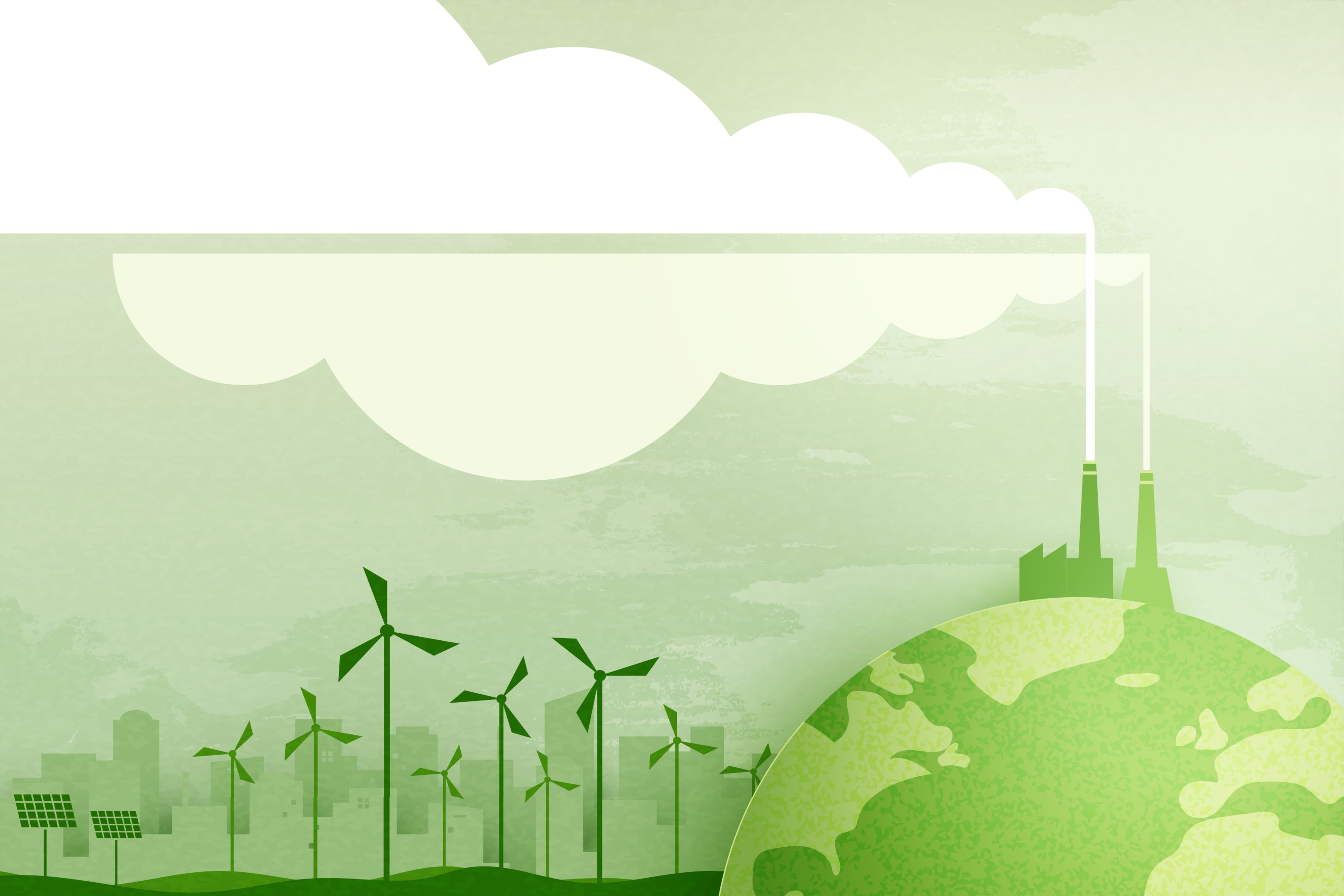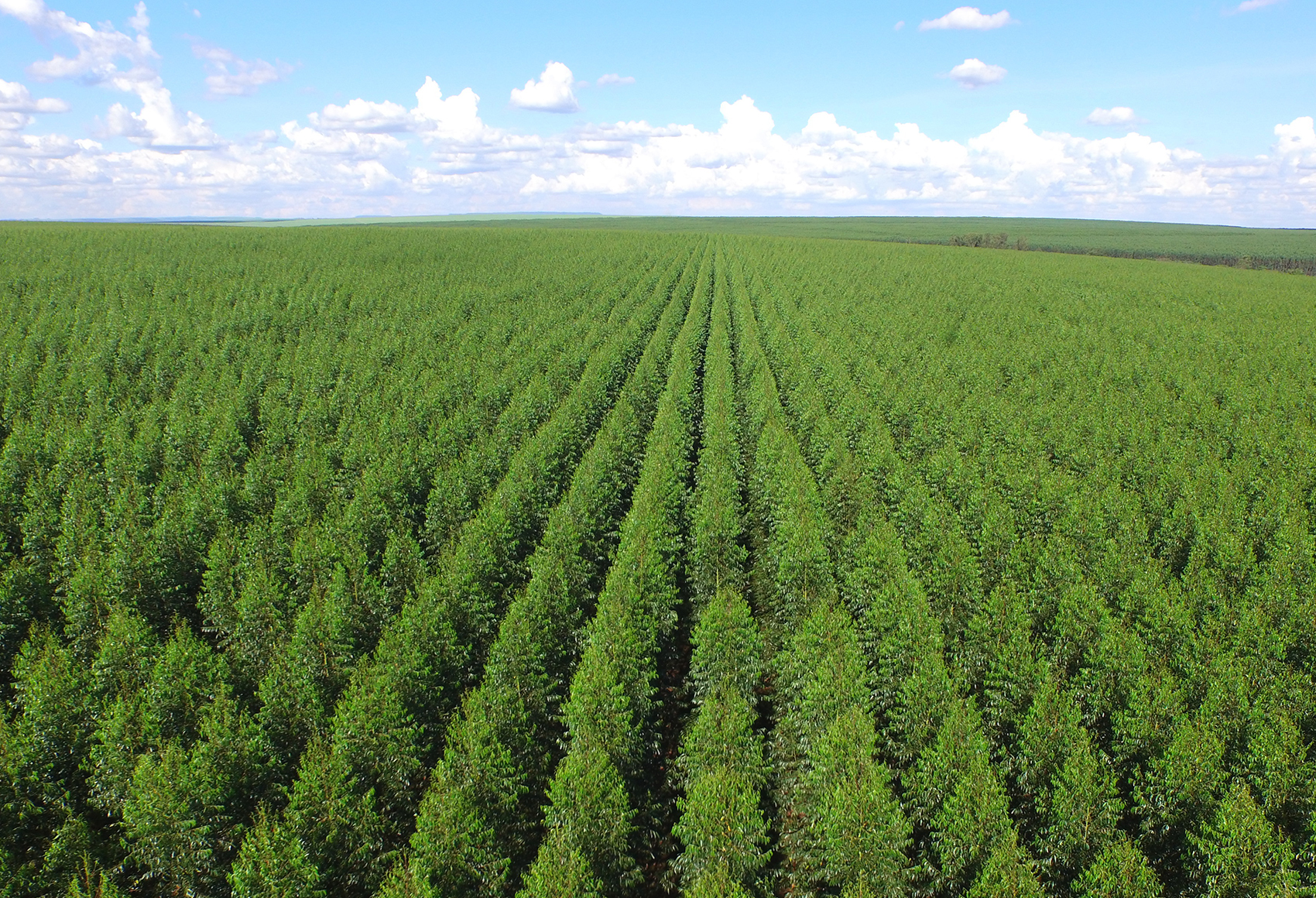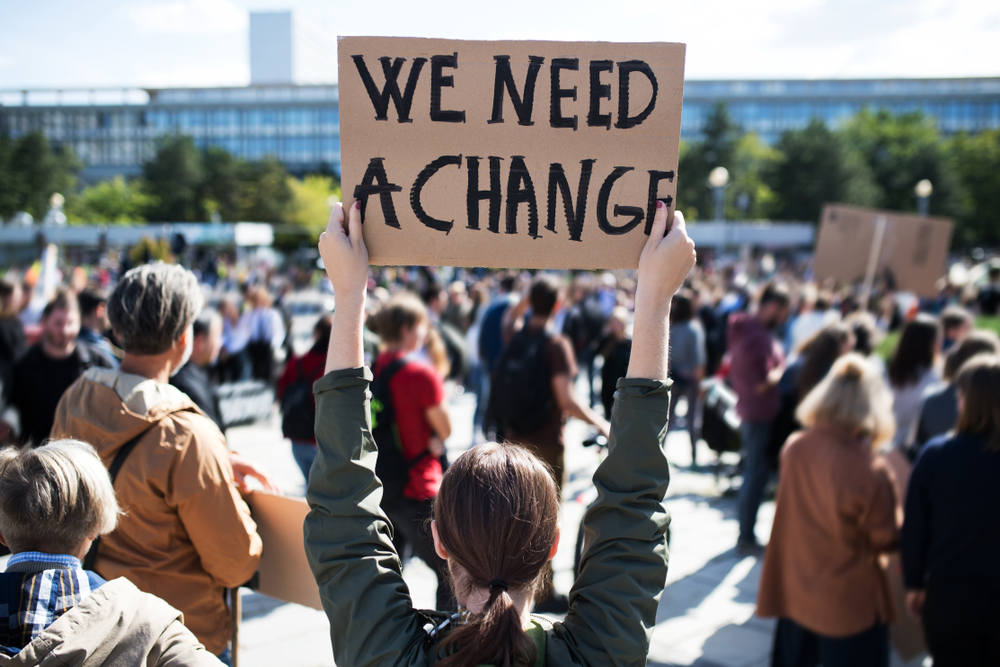
Over the last 100 years, the world has lost over one-third of its forests. Recent trends are equally alarming. Continuing down this path of continued deforestation will contribute to a greater risk of climate change, and all the accompanying negative effects. There are many concrete steps to take when it comes to slowing climate change. These steps include preserving one of our greatest natural allies—our forests—to help slow climate change.
When it comes to this goal, the paper industry is leading the charge toward sustainable harvesting models through managed forests. For managed forests, detailed models are constructed to ensure several trees are planted for every one that is harvested. The good news is—it’s working! More than one billion trees were planted in the U.S. in 2019.
Why Do Forests Matter?
Forests ensure biodiversity. When trees are planted, the roots help keep the soil in place. This helps reduce landslides, flash flooding, and erosion. Forests also provide crucial habits for a wide range of creatures. This allows for balanced ecosystems—which means both plant life and animals—to survive and thrive.
Forests also produce oxygen and store excess carbon dioxide, which is generated by fossil fuels and a growing human population. Trees help prevent the rise of temperatures and carbon dioxide levels. This means that forests play a pivotal role in helping slow climate change.
As we work towards a more sustainable earth, each tree adds up. At NORPAC, we prioritize sustainable, healthy forest management that fosters a diverse environment for the future. Learn more about our sustainability priorities—which include using hundreds of thousands of tons of waste paper to produce high-quality, low carbon packaging papers for boxes, bags, and books!



